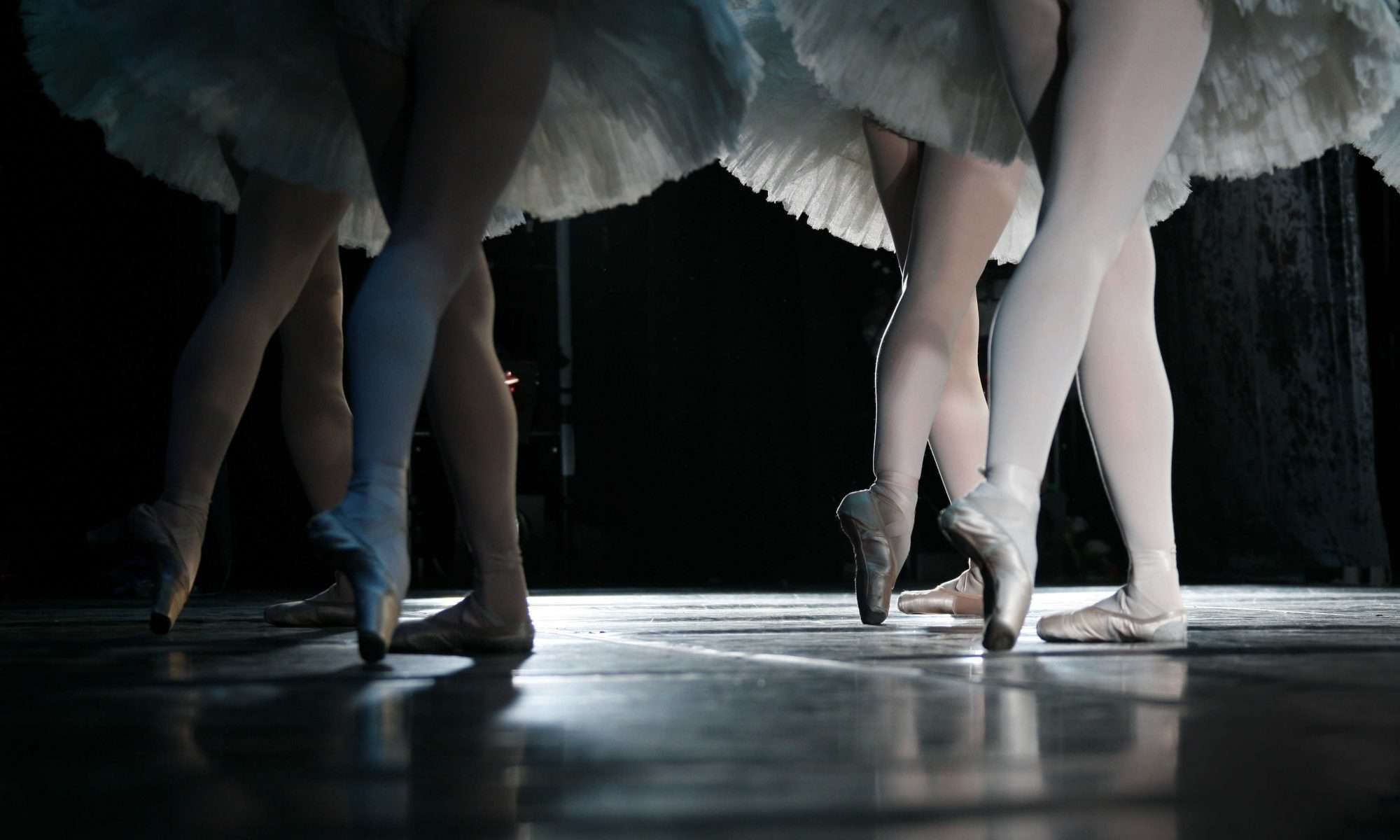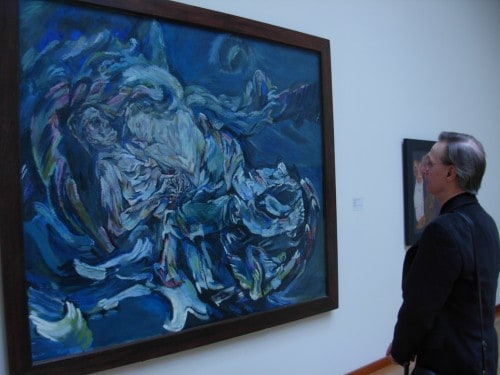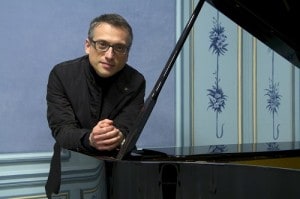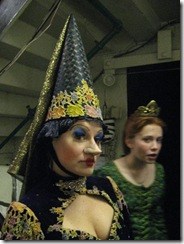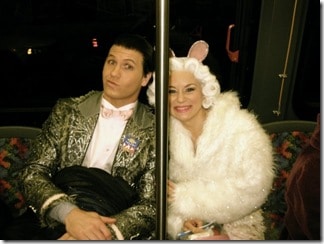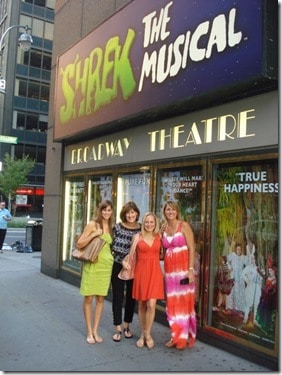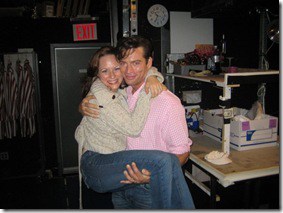Tom Morin, Co-Founder of Polish Your Passion an online-based training company from New York City that trains actors, singers, and dancers via Skype and FaceTime, sat down with Head Dance Coach, Joey Dippel, in NYC to discuss online training and college auditions for aspiring musical theatre performers.
Tom Morin/Polish Your Passion: Hi Joey! Tell us a little bit about yourself.
Joey Dippel: I’m originally from San Jose, California and I got my B.F.A. in Musical Theatre at CCM. I’ve performed regionally as a professional musical theatre performer and dancer at the Bucks County Playhouse, Weston Playhouse, Pioneer Theatre Company, and the John W. Engeman Theater. I’ve choreographed for the Broadway Dreams Foundation, CCM, the Musical Theatre Factory in New York City, and I’ve been teaching musical theatre, tap, ballet, and jazz for about 11 years now
Tom Morin: What do you love about teaching?
Joey Dippel: I think the relationship between a student and a mentor is important. It’s unique. It’s personal. I still call upon my mentors that have guided me through my way, still to this day. I have students that I’ve known since they were six years old who come back when they are ready for their college preparation. I think it’s all about passing it on and it becomes a really inspiring bond.
Tom Morin: What do you like about online training for dance?
Joey Dippel: I love the accessibility that online training creates. No matter where I am or working across the country professionally, no matter where my students are, we have an online platform to connect and reach our goals. I love that it’s a safe space where I can work one-on-one with my students and really isolate what they want and need to work on, much more specifically than sometimes I can do when teaching a whole class.
Tom Morin: We’re gearing up for college audition season with our college preparatory program. It’s always an exciting and stressful time for our students. Can you tell us a little bit about what your college audition process was like?
Joey Dippel: I applied for mostly B.F.A. in Musical Theatre programs and conservatories, so my senior year consisted of a lot of traveling. I’m from the Bay Area, so I knocked out half of them at Unifieds in Los Angeles. The rest I had to travel to each campus because this was in a time before pre-screen auditions. I had a chart to keep me organized, so I could remember each college audition requirement. At the end of the day, I had three monologues and four songs ready to go at any time. Each dance audition was very different. I remember Elon and University of Michigan treated it more like a class, while CCM and Boston Conservatory gave it more of an audition atmosphere. The levels also varied, some were more focused on technique and some were more about performance. All I could really do was have fun, be prepared, and trust that I had been training hard.
Tom Morin: What do you think is harder/more stressful – auditioning for Broadway or the college audition process?
Joey Dippel: The absolute hardest thing about auditioning is remembering that you are enough. In New York, you could be the best dancer in the room, but not the right height, age, vocal type, ethnicity, look, etc. Nothing to do with talent or your skillset. With college auditions, each college prioritizes different things. Some programs are willing to work with beginning dancers, while other programs prefer more experience. Some colleges want “actors first,” while others may look at all three disciplines. None of these factors determines that one person isn’t good enough or not talented. It’s about timing. There are things out of your control and it’s not your job to dwell on them. It’s your job to be prepared for when that opportunity comes knocking at your door
Tom Morin: What’s one piece of advice that you would tell any young dancer who is about to go through the college audition process?
Joey Dippel: Never forget why you’re doing this. Something about performing and dancing satisfies you. When I walk into the room, I do this trick where I tell myself that for the next thirty minutes, hour, however long the dance call is, I am in the show (or for college auditions, I go to this school). If you believe it, they’ll believe it, and you’ll have so much more fun. You have enough stress being a senior in high school, take some of it off your back and be in the moment.

Tom Morin is a NYC-based acting coach, Co-Founder of Polish Your Passion, and a professional actor/singer. He holds a B.A. in Theatre & Political Science from the College of the Holy Cross and a M.F.A. in Acting from Ohio University. He has been teaching for the past 9 years, advising and coaching students through the college audition process and beyond. He has appeared Off Broadway at the Pearl Theatre Company and New York Classical Theatre and regionally at Walnut Street Theatre, Shakespeare Theatre of New Jersey, Centenary Stage Company, Monomoy Theatre, and Great River Shakespeare Festival.
 Joey Dippel is a NYC-based dance teacher and choreographer, Dance Coach at Polish Your Passion, and a professional performer. He holds a B.F.A. in Musical Theatre from the University of Cincinnati’s College-Conservatory of Music, where he received the Lehman Engel Award for Achievement in Musical Theatre Dance. He has performed regionally with the Bucks Country Playhouse, the John W. Engeman Theater in Northport, Pioneer Theatre Company, Weston Playhouse, the Lincoln Theater in Napa Valley, and Marquee San Jose. He has assisted and danced for Otis Salid, Patti Wilcox, Lorin Latarro, Jeffry Denman, and Jacob Brent. As an independent choreographer, he has worked for the Broadway Dreams Foundation, CCM, the Musical Theatre Factory, the Kurt Weill Foundation, and Penguin Rep. He teaches and choreographs for the Children’s Musical Theatre of San Jose, Staten Island Academy, and his own donation-based dance class series called “Combo & a Cocktail.”
Joey Dippel is a NYC-based dance teacher and choreographer, Dance Coach at Polish Your Passion, and a professional performer. He holds a B.F.A. in Musical Theatre from the University of Cincinnati’s College-Conservatory of Music, where he received the Lehman Engel Award for Achievement in Musical Theatre Dance. He has performed regionally with the Bucks Country Playhouse, the John W. Engeman Theater in Northport, Pioneer Theatre Company, Weston Playhouse, the Lincoln Theater in Napa Valley, and Marquee San Jose. He has assisted and danced for Otis Salid, Patti Wilcox, Lorin Latarro, Jeffry Denman, and Jacob Brent. As an independent choreographer, he has worked for the Broadway Dreams Foundation, CCM, the Musical Theatre Factory, the Kurt Weill Foundation, and Penguin Rep. He teaches and choreographs for the Children’s Musical Theatre of San Jose, Staten Island Academy, and his own donation-based dance class series called “Combo & a Cocktail.”
